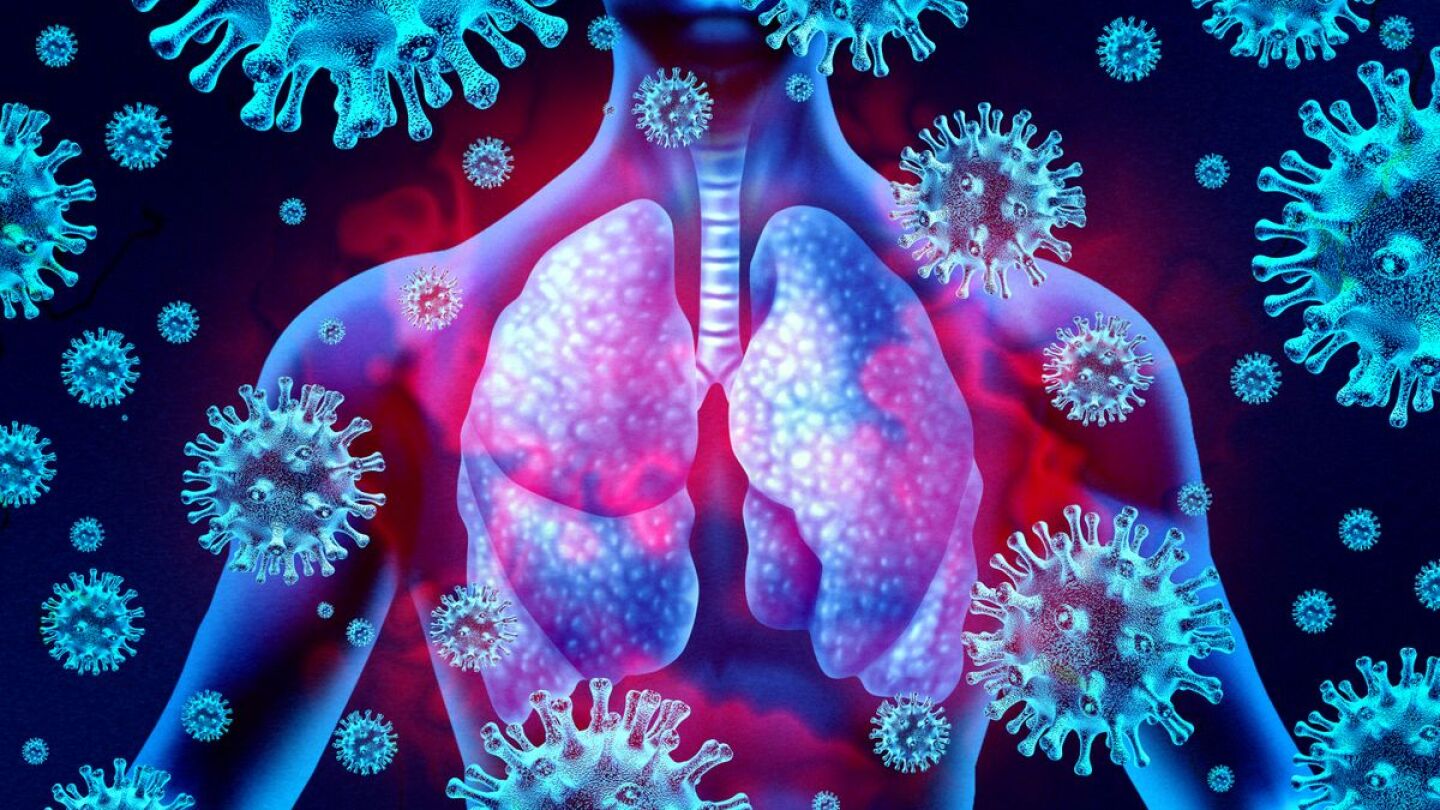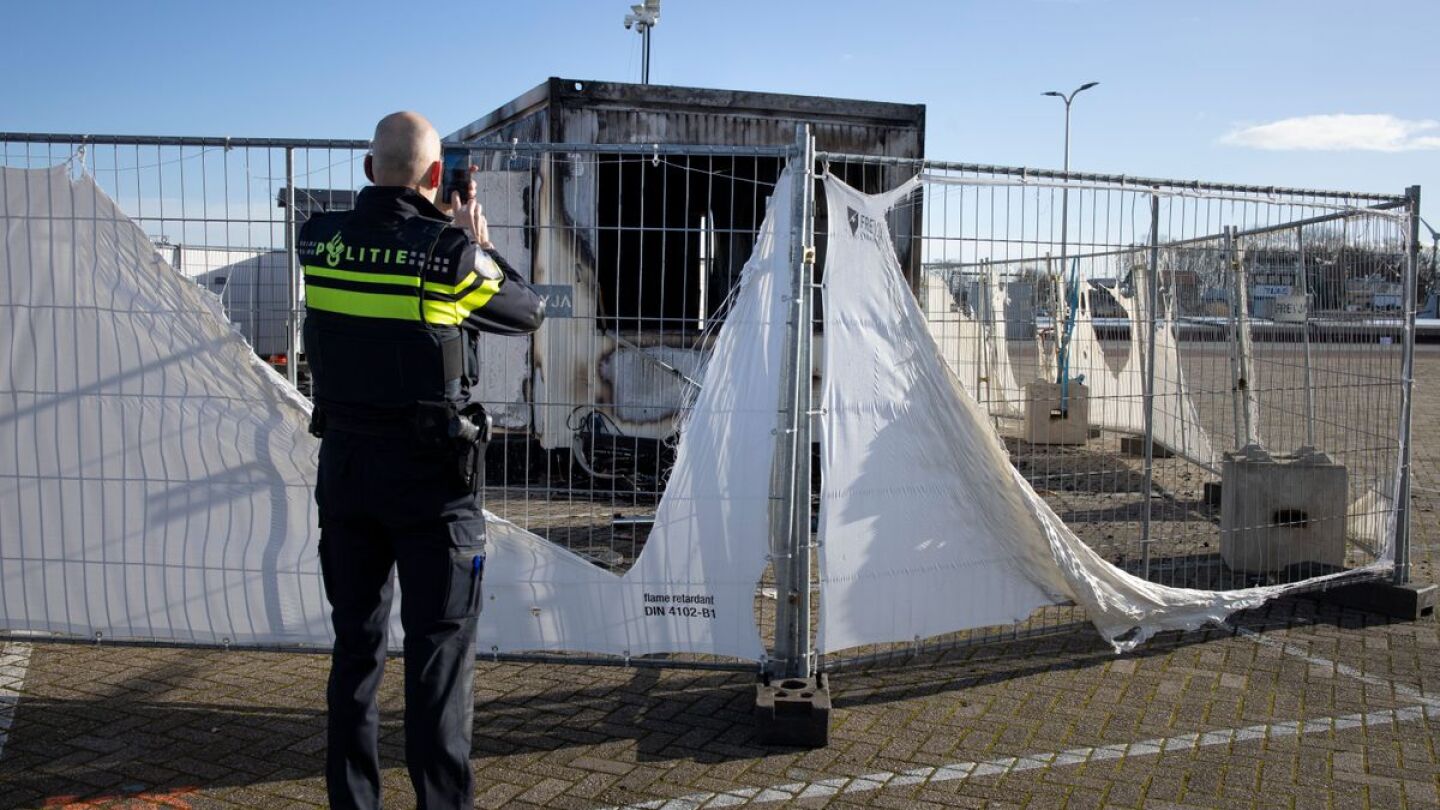EMS1 Research Center
The EMS1 Research Center serves as a central access point for critical prehospital medicine research that can help drive operational and policy changes at the local, state and federal level.
Get insights into EMS provider behavior and beliefs related to hot topics like fatigue management, and participate in EMS1 polls and surveys.
Additionally, find the latest information about research conducted by esteemed EMS organizations, such as the American Ambulance Association, and National Association of EMS Physicians, among other organizations focused on provider health and wellness, patient assessment and treatment, and a variety of safety issues.
How clinical variation, management visibility and unintentional overtime impact provider fatigue, depersonalization
Real-world case studies from EMS Lawyer Doug Wolfberg reveal critical takeaways for EMS providers working alongside law enforcement
Lessons and goals for advancing airway care from the NEMSQA Airway Measures Report
The latest data set includes information from more than 43 million EMS activations during the 2020 calendar year
Penn State College of Medicine researchers seek to better understand the factors that lead to unnecessary 911 calls and transports
Regardless of case severity, many COVID-19 patients face serious persistent symptoms for months
Researchers said increased tourniquet availability and public education can lead to better outcomes for trauma patients
South Carolina researchers found that door-to-treatment time was cut by 18 minutes with in-ambulance telehealth consultation
Researchers recommended three strategies to help providers cope with stress
CognitiveEMS, developed by University of Virginia researchers, provides prompts to support responders’ decision-making
White blood cells are more vulnerable to DNA damage, and their DNA repair mechanisms appear misaligned to deal with the damage
What the research tells us about incorporating CPSS into destination decisions when evaluating large vessel occlusion stroke
The COVID-19 Literature Surveillance Team: EMS One-Stop with Rob Lawrence
EMS and fire personnel are asked to participate in the HERO-TOGETHER study to share their experience
Some highway travel officials suggested that emptier roads led to more opportunities to abuse speed
The Frontline Strong Together program will include peer support training, telehealth services and a statewide clearinghouse of resources
EMS incident data also showed a slight increase in incidents involving alcohol in May
A new report identified about 400 attacks motivated by fear or frustration over COVID-19
The COVID-19 Literature Surveillance Team offers the daily truth to help policymakers, agencies of government, researchers, students and laypersons parse through data
A study posted in JAMA finds stay and play is favorable to load and go in most cases of out of hospital cardiac arrest
The one-shot vaccine may help speed distribution efforts if it is approved by federal regulators
The CDC released new guidance Wednesday stating that wearing a cloth mask over a surgical mask is one way to achieve a higher degree of protection
Mount Sinai researchers found that changes in heart rate variability measured by an Apple Watch could signal the onset of COVID-19
The study of the city’s “scoop and run” practice, which allows police to transport some patients, found patients were generally just as likely to survive whether they were transported by cruiser or ambulance
Catherine R. Counts, PhD, MHA, a health services researcher with Seattle Medic One and the University of Washington, takes over the “Real Scientists” Twitter account this week to share her EMS experience
The AIMHI benchmarking project focuses on high-performance, high value operational measures
MOST POPULAR
- Prove it: Administering NTG to patients with inferior wall myocardial infarction
- Study: Black stroke patients face 28-minute delay in emergency care
- Va. first responders test AI assistant for emergency scenes
- Research Analysis: Intubation curriculum increases first pass success
- Sexual misconduct in EMS




























